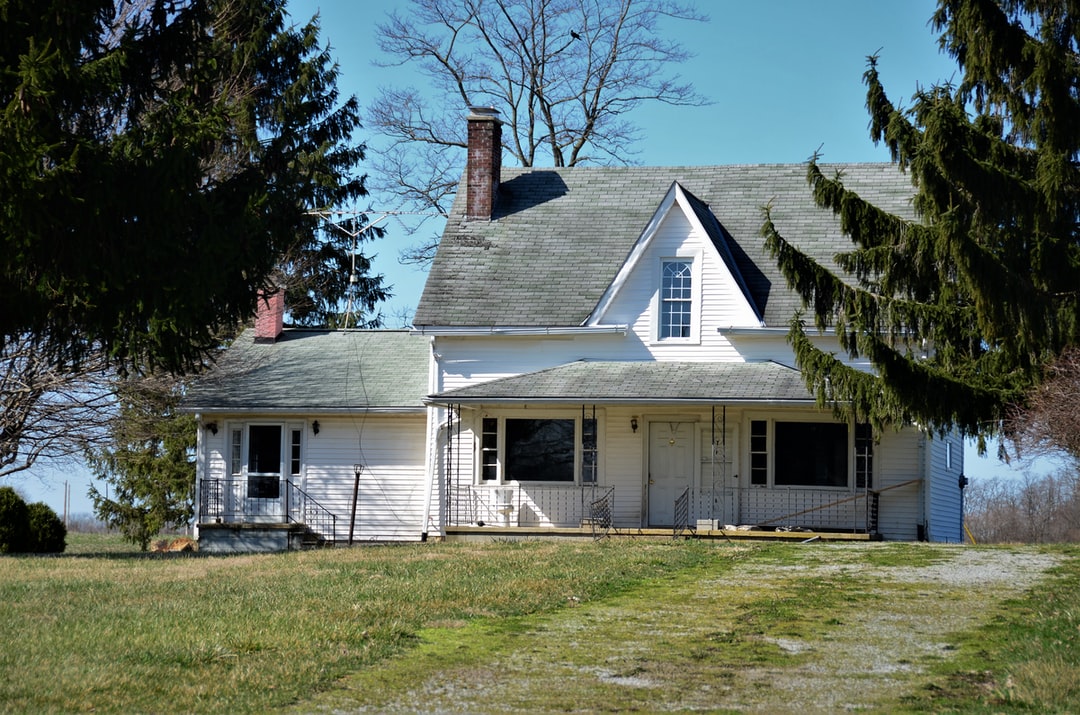Did you know that existing home sales have decreased in three out of the four US regions? That means it’s important for your home to stick out among the rest.
That can be hard to do with a fixer-upper, but it’s not impossible. Luckily, our guide is here to help you through the entire process.
Read on to learn everything you need to know about selling your fixer-upper.
Make Sure the Price Is Right
One of the best ways to sell your fixer-upper fast is to make sure it’s priced correctly. In our digitally-driven era, buyers have a lot of resources at hand to help them research. Here’s what they’re most likely to look up:
- Housing prices in your neighborhood
- School district
- Nearby amenities
- The average price for that type of home
Long story short, if you’re overcharging, homebuyers are going to have ways of finding out. Even if they don’t conduct thorough research themselves, they’re likely to have an agent helping them look for a good deal.
Another option you have is selling your home to an “as-is” agency. They’re willing to purchase homes in almost any condition. So, you’re a lot more likely to sell your home quickly and efficiently.
Know Your Buyers
If you’re selling a fixer-upper, it’s important to know exactly who you’re selling to. You’ll likely be selling to budget buyers, investors, or even house flippers. The more work that needs to be done on your home, the higher the chances are that you’re going to sell to professionals.
Whether it’s structural problems or extensive roof damage, you’ll need to be aware of your buyer. Either way, you’ll need to be prepared for low offers and wanting a quick turnaround time.
Create a Blank Slate
When it comes to selling your fixer-upper, the most important thing is going to be a deep cleaning. Here are the basics:
- Get rid of clutter
- Depersonalize the space
- Clean in a certain order
- Don’t forget the nooks and crannies
- Clean the carpets
Decluttering and depersonalizing your space can go hand-in-hand. It’s important to make sure your space is clean before you start showing, but it’s also important to take yourself out of the home.
You want homebuyers to walk in and picture themselves in the space, not the previous owners. That means removing things like art, family photos, and anything else that might point to you still living there.
Between that and giving the home a thorough cleaning, you’re already off to a great start.
Make Easy Repairs
You don’t have to make every repair, but covering a few of the basics can help the sales process out a lot — especially if there are small updates.
Doing things like painting, installing new lightbulbs, swapping outdated switch plates, and even fixing leaks can make a bigger difference in your home than you might think. Also, be sure to remove damaged blinds and patch your roof leaks.
If you have the time, you can also opt to up your curb appeal. You might not think it, but paying special attention to curb appeal can actually increase your property value. All it takes is planting a few hedges, flowers, and maybe laying some fresh mulch.
You can also opt to give the outside of your home a fresh coat of paint or replace outside bulbs that might not light the yard very well.
Disclose Everything
Once you’ve made repairs, though, it’s important to disclose the things that didn’t get fixed. The more transparent you can be with this step, the better. That means booking a pre-listing home inspection.
This is going to help you learn exactly what you’re dealing with, meaning no surprises for you or the new owners. Once you have your home inspection, you can make a simple list detailing everything that needs to be fixed. Your home inspection will typically look for things like:
- Electrical problems
- Problems with the HVAC system
- Plumbing issues
- Roofing damage
- Structural or foundational problems
- Insect or pest infestations
- Mold
- Water damage
On the other end, you should also disclose any repairs you have made. Doing both is going to save you from haggling over things that buyers have seen. You’ll have a report detailing everything that needs to be done, and it’ll be simple for everyone to know what needs to be done and what can wait.
Make Sure You Partner With the Right Agent
The last (and most important) thing you can do is ensure you partner with the right real estate agent. There are a few key questions you should ask before you make any hiring decisions:
- How long have you been a real estate agent?
- Are you a full-time or part-time agent?
- Do you work with both buyers and sellers?
- Do you have references I can contact?
- Do you have experience with selling fixer-uppers?
- What is your success rate with selling fixer-uppers?
There are a lot more questions you can ask, but these are a great place to start. They’ll help you get a better idea of whether or not you’re both on the same page, and they’ll help you come to a quicker hiring decision.
Ready to Sell Your Fixer-Upper?
When you take the proper steps to ensure the well-being of your sale, it’s a lot easier to get your fixer-upper off the market. You’re also placing much more trust between you and your buyer, meaning more peace of mind on both sides.
Remember, though, you can always opt to sell your home to an agency. For convenience and ease, this is a great option. Contact us today to get started.

